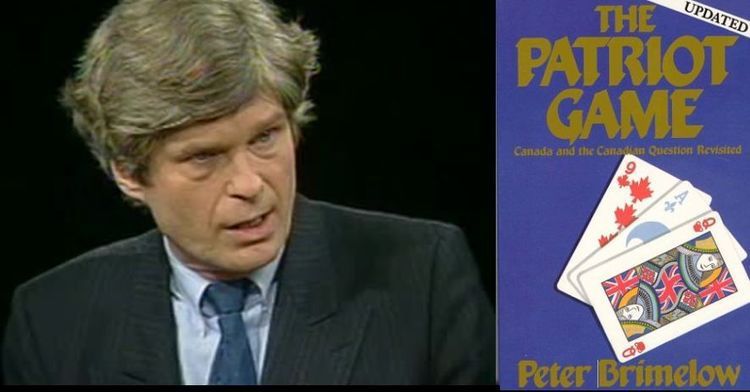


01/19/2006
[Excerpt from Rescuing Canada’s Right: A Blueprint for A Conservative Revolution, by Tasha Kheiriddin and Adam Daifallah]
While countries such as the United States and Britain debated the merits of lower taxes and limited government, Canada debated whether it should stay together at all. Our intellectual and political culture has been stunted by the harsh reality of fighting separatism. Instead of a dialogue of ideas, we have a dialogue of fear, and it is conservative movement that has paid the greatest price in this regard.
One person who realized this early on was Stephen Harper, who, according to his biographer William Johnson, was tremendously influenced by Peter Brimelow’s 1986 bestselling book The Patriot Game. Brimelow’s tome discussed several of the themes mentioned in this book, including the disproportionate amount of power wielded by Central Canada’s liberal elite, which he called the "New Class." His analysis was years ahead of its time.
Brimelow ended his book with a set of six prophetic observations. Among them: He foresaw the rise of a "right-wing, fourth party in the west." (Reform was founded a year later.) He said, "Brian Mulroney will almost certainly fail to create a Tory electoral coalition" and that "new splinter parties will emerge." (Reform, the Bloc Quebecois.) He said "a sectional party, probably from Quebec but possibly from the West, could hold the balance of power in the House and demand radical reform." (The Bloc formed the Official Opposition in 1993; the Reform Party in 1997.)
But it is Brimelow’s examination of Quebec’s dominance in federal politics that is most trenchant. Brimelow observed that Canada was only "a Geographical expression" and that Quebec was "emerging as a genuine nation-state." He observed that the Liberal Party had successfully convinced English Canada that whatever needed to be done to placate Quebec and keep Confederation intact should be done. As long as this attitude dominated, Brimelow said, conservative politics would not be able to succeed in Canada.
Twenty years after that book’s publication, Brimelow now only casually follows Canadian politics from his perch in the U.S. In an interview, he said little has changed since The Patriot Game was written.
"What I called in 1986 the Canadian Question has iterated itself in the last two decades but it remains unanswered: Canada is not a nation, but two (if not more) nations within a single state," Brimelow told us. "No purely ideological politics can succeed until the issues of national identity are resolved. Specifically, while Quebec is at the centre of every major government decision, and 'national unity' is considered the touchstone of all public policy, the natural conservative tendencies of the Anglophone majority will continue to be frustrated. For the Canadian Right, the road to power lies not through Quebec, but around it."
From a purely practical perspective, it’s tough to argue with this point. It would be much easier for conservatives if Quebec were not part of the equation. But you don’t give up on a country just because of one party’s electoral difficulties. For conservatives, accepting Brimelow’s suggestion would mean choosing the Frum-Koch-Weissberger "door number two" and closing the book on Quebec, which as we discussed earlier in the chapter, would not wash in the rest of Canada.